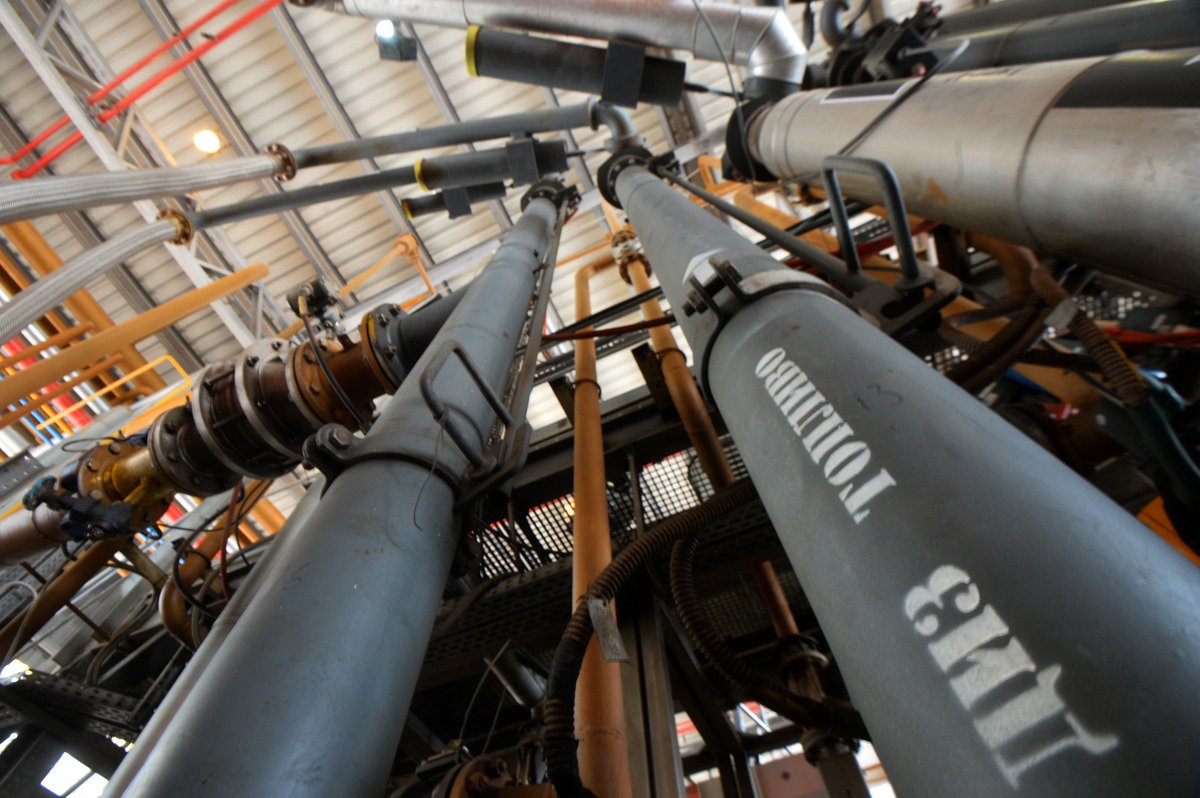Ukraine attacked an oil refinery in western Russia on Saturday, according to a Ukrainian official and Russian sources.
Kyiv struck the Taneco oil refinery in Russia's Tatarstan region, Andriy Kovalenko, an official with Ukraine's National Security and Defense Council, said in a statement.
Newsweek has reached out to the Russian Defense Ministry for comment via email.
Why It Matters
The facility is one of Russia's "largest and most modern refineries," able to process more than 16 million tons of oil each year, Kovalenko said. Kyiv also attacked the site, located in the city of Nizhnekamsk, in April 2024, damaging the plant's main processing unit, according to the official.
Ukraine has doggedly targeted Russia's oil facilities, attempting to cut off Moscow's access to supplies propping up its war effort.
The Taneco plant "plays a key role in providing fuel to the Russian army," Kovalenko said. "Knocking out refineries and oil depots directly affects the Russian Federation's ability to wage an intensive war."

What To Know
Several Russian sources, including accounts linked to Kremlin authorities, reported on Saturday that employees at the Taneco facility had been evacuated, and flights grounded at the airport east of the city of Nizhnekamsk, under alerts for a Ukrainian drone attack.
Footage widely shared, which Newsweek could not independently verify, purported to show a blaze at the site. Russian authorities in Tatarstan denied reports of a fire at the facility, saying the "orange glow in the sky is caused by the operation of flares."
The site lies more than 1,000 kilometers [621 miles] from the front lines snaking through Ukraine, said Kovalenko.
Who Said What
Andriy Kovalenko, the head of Ukraine's Center for Countering Disinformation under the National Security and Defense Council, said on Telegram: "In Tatarstan, the Taneko refinery was hit. This is not the first time this refinery has been hit. Taneko is one of the largest and most modern refineries in the Russian Federation, with a processing capacity of over 16 million tons of oil per year."
Russian authorities in Nizhnekamsk said, according to Russian state media: "The orange glow in the sky is caused by the operation of flares, which are an integral part of the enterprise's technological process. All equipment operates in a normal mode and is a standard measure to ensure safety at night."
What Happens Next
With little over a week until President-elect Donald Trump's inauguration in the U.S., both Russia and Ukraine will continue jostling for the upper hand in negotiations to end the war, striking at one another.




















 English (US) ·
English (US) ·